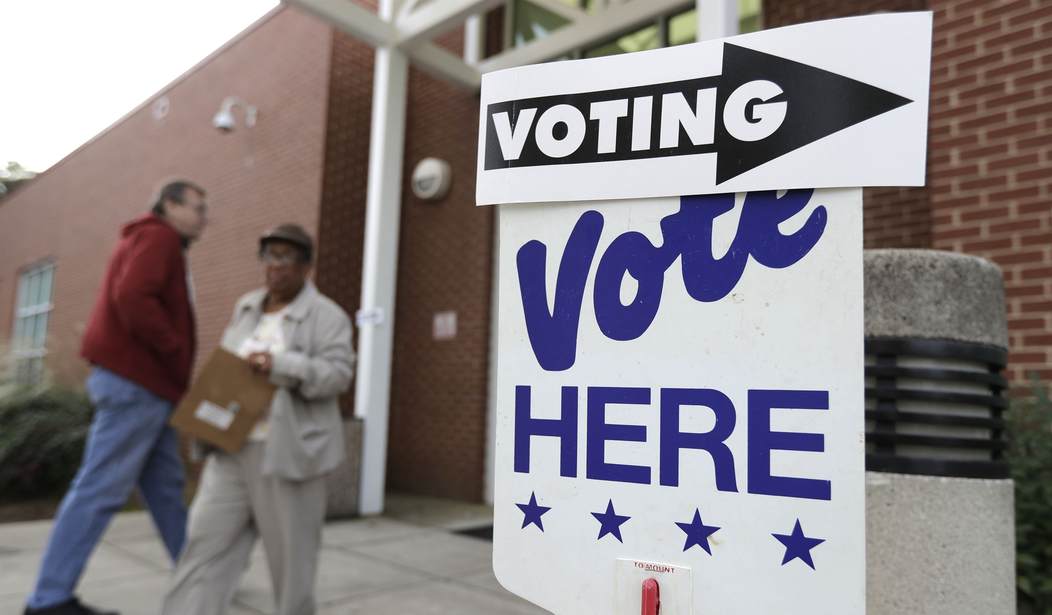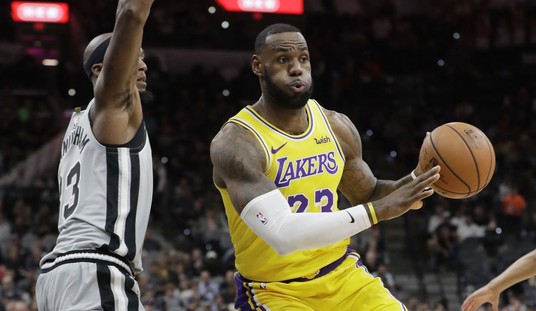Why do we do this to ourselves every four years? We talk incessantly about the latest poll in Florida and Michigan and Pennsylvania and Arizona until we are blue in the face. Then they turn out to be wildly wrong.
When will we ever learn? It reminds me of that old saying which I think was from Einstein, “The definition of insanity is doing the same thing over and over again and expecting a different result.”
Polling, at least the old-school style, is over. Done.
I don’t need to go through a long list of reasons why nobody should take pollsters seriously anymore, but a few data points are instructive. FiveThirtyEight aggregated a number of polls that misinformed Americans into believing that Sen. Susan Collins (R-Maine) was about to be tossed out of the Senate by the voters. The polls just before Election Day had Sara Gideon winning. Change Research had Gideon up by 8%, Emerson College had her up by 2%, and FiveThirtyEight forecasted that Gideon had a 59% chance of winning that Maine Senate seat. That would not be a big problem if the pollsters had not botched so many other races.
They didn’t merely miss the Maine Senate race, they seemed to miss all the elections nationwide. Sen. Thom Tillis, who won, was given a 32% chance of victory by FiveThirtyEight just before Election Day. They projected that there was a 3-in-4 chance that Democrats would flip the Senate. The site did call most of the states correctly in the presidential contest but bungled the percentages. They had Biden up by 8.3% in Wisconsin, 8.0% in Michigan, and 4.7% in Pennsylvania. Compared to 2016, the polls were consistent – consistently wrong. They missed the Trump wave that hit Pennsylvania, Wisconsin, and Michigan in that year.
We might want to take a break from the pollster misinformation pandemic that has infected the perceptions of the political feelings of Americans for so many years. Now these same pollsters are pushing us to believe that the Georgia Senate races with incumbent Sens. Kelly Loeffler and David Perdue on the ballot are dead heats. I don’t believe them. The vaccine to prevent the spread of more bad polling data is to stop listening to them.
This year, the betting markets were a much more accurate predictor of the outcome of the election than the polls. Predictit had President Donald J. Trump with about a 40% chance of winning. Compare that to FiveThirtyEight’s prediction that Trump had a 13% chance of winning. The election was close enough for recounts and a court battle not reflecting a 13% chance of winning. The betting markets as a whole had the race much closer than the pollsters.
When people put money on a race, they give appropriate weight to the factors of incumbency, polling data and the nature of the candidates. They have proven more accurate, because the bettors need to analyze different factors before putting down some cash. One factor that pushed people to put more money on a Trump win was the fact that the polls undercounted Trump support in 2016. That turned out to be a correct evaluation of the race.
Another betting market is Polymarket. That has some very interesting ways to put money on your predictions for the future. If you think Bitcoin will reach $20,000 in value per coin before Thanksgiving, you can either buy Bitcoin, use Polymarkets to bet on that prospect, or do both. You can put some cash on the question “Will Donald Trump formally concede the 2020 US Election before December 1, 2020?” Not many people are putting money on the “Yes” proposition. These markets tend to reflect a much better prediction of the future than polls.
The media and politically astute Americans need to stop paying such close attention to the polls. President Trump calls them suppression polls for a reason. In his big two elections, the polls had him losing by a decisive margin. In both cases, they were wrong and there is a possibility that some Trump supporters lost some enthusiasm when they saw that the polls indicated that he had little to no chance of winning again. It does not bode well for the future of polling that they are constantly wrong.
Let’s all agree to stop listening to pollsters (and pundits who don’t have actual jobs) and pay more attention to other measures of the passion and probability of a candidate’s success. Meaning, the people you meet every day.










Join the conversation as a VIP Member